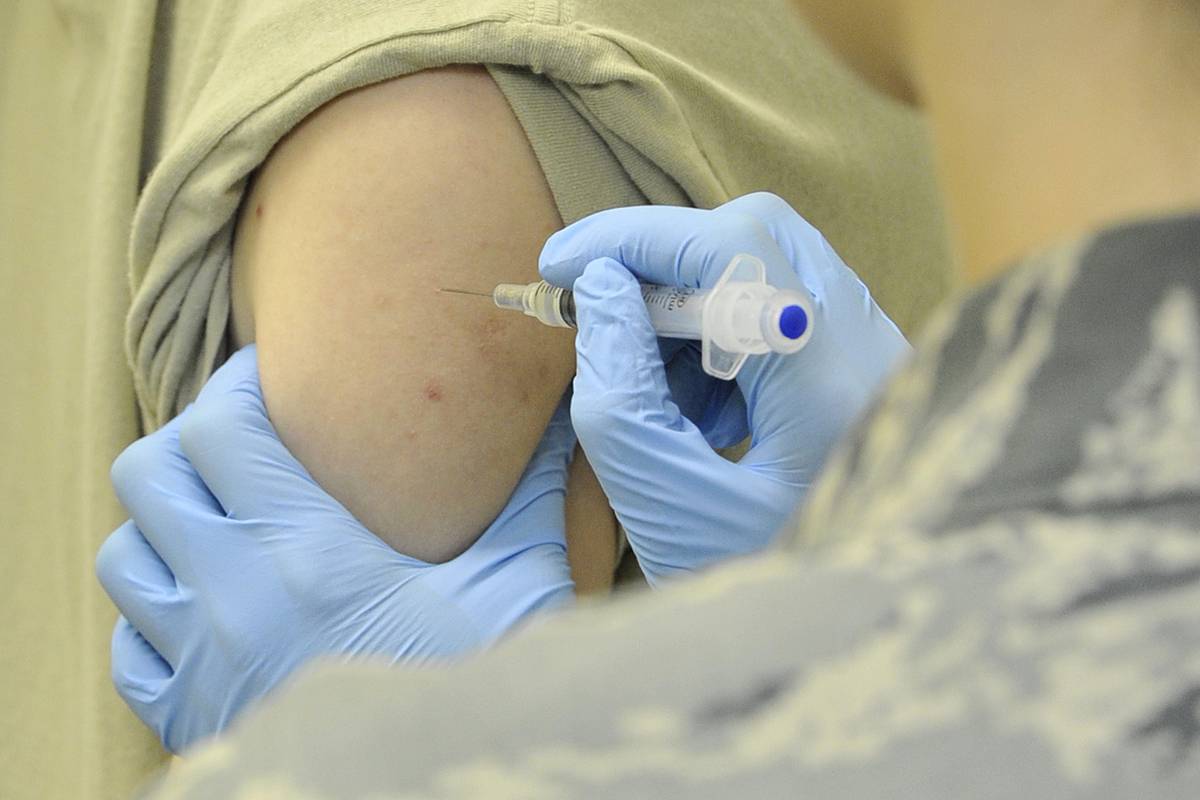Tumor Mitochondria Vaccine for the Treatment of Cancer
A technology that uses Tumor Associated Mitochondria Antigens (TA MAs) extracted from the tumor as a cancer vaccine.

Background
Progression in cancer immunotherapy has been rapid with a number of products currently available and many others in late stage clinical development. However, clinical response to immunotherapies is variable and dependent on cancer types as well as specific characteristics or genetic mutations within a patient’s individual tumor. There is a need for tumor-specific therapies with applicability to a range of cancer types.
Technology Overview
Researchers at the University of Pennsylvania have developed a technology that uses Tumor Associated Mitochondria Antigens (TA MAs) extracted from the tumor as a cancer vaccine. The technology involves pulsing dendritic cells with TA MAs. In an in vivo model of renal cell carcinoma (RCC) the vaccine elicits a cytotoxic T-cell response and provides long-term protection from tumor progression when used either prophylactically or therapeutically. The researchers have established that TA MAs can produce an effective antitumor immune response in RCC. Future work will validate the data in human RCC and investigate additional cancer types and combinations with other immunotherapies.
Further Details
Pierini S et al. J Immunol, 2015, 195 – 4020.
Penn Medicine News Article
State of Development
In vitro and in vivo animal studies completed for renal cell carcinoma Human RCC sample evaluation of mitochondrial mutations and correlation with survival and immune cell infiltration
Benefits
- Long-term protection from tumor progression demonstrated in RCC
- Potential use in other cancer types with mutations in mitochondrial proteins (e.g. kidney, colorectal, ovarian, breast, bladder, lung, pancreatic)
- Utilization of a dendritic cell platform validated in humans
Applications
Cancer immunotherapy Potential in metabolic or mitochondrial diseases
Opportunity
- License
- Co-development